Shrimad Bhagavatam illustrates the fascinating story of King Yayati. His story is also mentioned in the Adi Parva of Mahabharat and Matsya Purana. The life of King Yayati takes us all on a journey of a man born in a glorious family who is the epitome of youth, beauty, and courage; who falls into the endless trap of sense gratification and material enjoyment and, in the end, comes out triumphant. King Yayati is the one who loses everything in his prime, gets it back and ultimately renounces everything to attain a heavenly abode.
या दुस्त्यजा दुर्मतिभिर्जीर्यतो या न जीर्यते ।
तां तृष्णां दुःखनिवहां शर्मकामो द्रुतं त्यजेत् ।।
yā dustyajā durmatibhir jīryato yā na jīryate
tāṁ tṛṣṇāṁ duḥkhanihahāṁ śarmakāmo drutaṁ tyajet
The desire for the senses is the source of all misery. It takes great effort for the feeble-minded ones to give up sensory pleasure. The body becomes decrepit, but the desire remains youthful. So, the one who wants self-welfare should renounce worldly desires as soon as possible. (Bhagavatam 9.19.16)
Yayati is the second son of the famous king Nahush. He is crowned as the king after his elder brother Yati took sanyas. Yayati marries Devyani, the daughter of demon-guru Shukracharya. Devyani had kept Sharmishtha, daughter of demon king Vrishparva, as her maidservant. The story of how a king's daughter, Sharmishtha, became the maidservant of a brahmin's daughter, Devyani, is also fascinating.
History: Sharmishtha and Devyani's Fateful Encounter
Sharmishtha and Devyani were close friends. Once, both the ladies were sporting in the water along with their thousands of girlfriends. When the young ladies saw Lord Shiva and Parvati approaching the lake, they immediately dressed, but Sharmishtha mistakenly put on Devyani's clothes. Devyani is furious and rebukes Sharmishtha with many harsh words. Sharmishtha, being a princess, couldn't take the scolding and counter-attack Devyani by throwing her into a well. When Sharmishtha had left the venue, King Yayati, by chance, came and rescued Devyani. After returning home, Devyani narrates the whole incident to her father, Shukracharya, who becomes furious on hearing about his daughter's insult and decides to leave the court of King Vrishparva. Though Vrishparva is a demon king, he respects his guru and is also scared of his wrath. So, to calm Shukracharya, he and Sharmishtha accept the condition put forth by Devyani that Sharmishtha will serve Devyani as her maidservant for a lifetime and follow her wherever she goes.
Sharmishtha's Proposition and Yayati's Broken Vows
Coming back to the present, Devyani and King Yayati are married, and Sharmishtha follows them to their court. Though Yayati is a great king, he is not free of sensory desires. He is a very lustful man with a court full of consorts. While marrying off his daughter to Yayati, Shukracharya had taken a vow from the king that he would not summon Sharmishtha to his bed. However, Yayati couldn't keep his vow. When Sharmishtha sees that her friend Devyani has borne a son to the king, she also desires to be a mother. So, she approaches Yayati one evening and requests him to help her conceive a son. King Yayati reminds her of his vow.
On this, Sharmistha said, "O king, it is not sinful to lie on the occasion of a joke, in respect of women sought to be enjoyed, on occasions of marriage, in peril of immediate death and of the loss of one's whole fortune. Lying is excusable on these five occasions." After a long back and forth between both, the king, weak in his senses, ultimately gives up on the demon princess's desire. As a result, Sharmishtha gave birth to three sons from Yayati-Dhruyu, Anu, and Puru. From Devyani, he begot two sons- Yadu and Turvasu.
Shukracharya's Curse, Yayati's Redemption, and Puru's Sacrifice
Yayati and Shamishtha succeed in keeping their liaison secret for some time, but eventually, when it is revealed to Devyani, she becomes furious and immediately leaves for her father's house. Upon learning of Yayati's transgression, Shukracharya curses him to suffer old age and invalidity. What could be more painful for a lustful man to lose his youth and vitality before its natural time? Yayati is in great distress and thus begs his father-in-law for forgiveness. He says, "O son of Bhrigu, I have not yet been satiated with youth or with Devyani. Therefore, O merciful, be graceful unto me so that decrepitude might not touch me."
At last, Shukracharya shows mercy and gives him the benediction to exchange his old age and invalidity with one of his sons. Shukracharya also says that the son who trades Yayati's old age with his youth will be the throne's successor. He shall have a long life, wide fame, and numerous progeny. Yayati, overcome with decrepitude, returns to his kingdom and summons all his sons, but none of them agrees to give their youth to their father. Ultimately, his youngest son, Puru, consents, and Yayati gets his youth back.
Having received Puru's youth, Yayati becomes exceedingly gratified, and with it, he again begins to indulge in his favourite pursuits to the full extent of his desires. He rules the entire world like Indra-the king of celestial gods. His senses are unimpaired, and he enjoys unparalleled and unlimited material happiness to his heart's content without transgressing the precepts of religion. He is delighted to be able to enjoy all the rarest of objects in the world. His only qualm is that all these will end one day.
Yayati's Unending Desire and Final Renunciation
In the back of his mind, Yayati always has this truth lurking that after the passing of a thousand years, he will have to renounce everything. Even after indulging in all kinds of pleasure for a thousand years, he still is unsatisfied. On the one hand, he found his desire burning high; on the other hand, he is also aware of the transient nature of material pleasure. At last, when he sees that his thousand years of youth are ending, he summons Puru and gives back his youth. Soon after installing Puru on the throne, the king retires into the woods, followed by brahmanas and ascetics. Having lived in the forest in the company of ascetics, observing many rigid vows, eating fruits and roots, he finally ascends to heaven, where he lives in bliss for some time but is soon hurled down by Indra. Why he is thrown out of heaven and what happened to him is a story to be discussed in some other post in the future.
Takeaway: Shrimad Bhagavat compares the sudden renunciation of Yayati to a bird leaving and flying away from the nest as soon as its wings fully grow. King Yayati explains this story's moral to his beloved wife, Devyani. He says:
न जातु कामः कामानामुपभोगेन शाम्यति ।
हविषा कृष्णवर्त्मेव भूय एवाभिवर्धते ।।
Na jatu kamah kamānām upabhogeṇa śāmyati
Haviṣā kṛṣṇa-vartmeva bhūya evābhivardhate
Supplying butter to a fire does not extinguish the fire but increases it more and more; the endeavour to stop lusty desires by continual enjoyment can never be successful. (Mahabharat, Adi Parva 1.85.12)
One should always remember that worldly happiness is temporary and unuseful, whether on this planet or the heavenly planets. Considering this knowledge, one should neither contemplate nor desire such pleasures. One should always have this firm resolve in the mind that even by contemplation, one will be subjected to the endless cycle of life and birth. One who understands this knowledge is the true aatm-gyani or the knower of the soul.



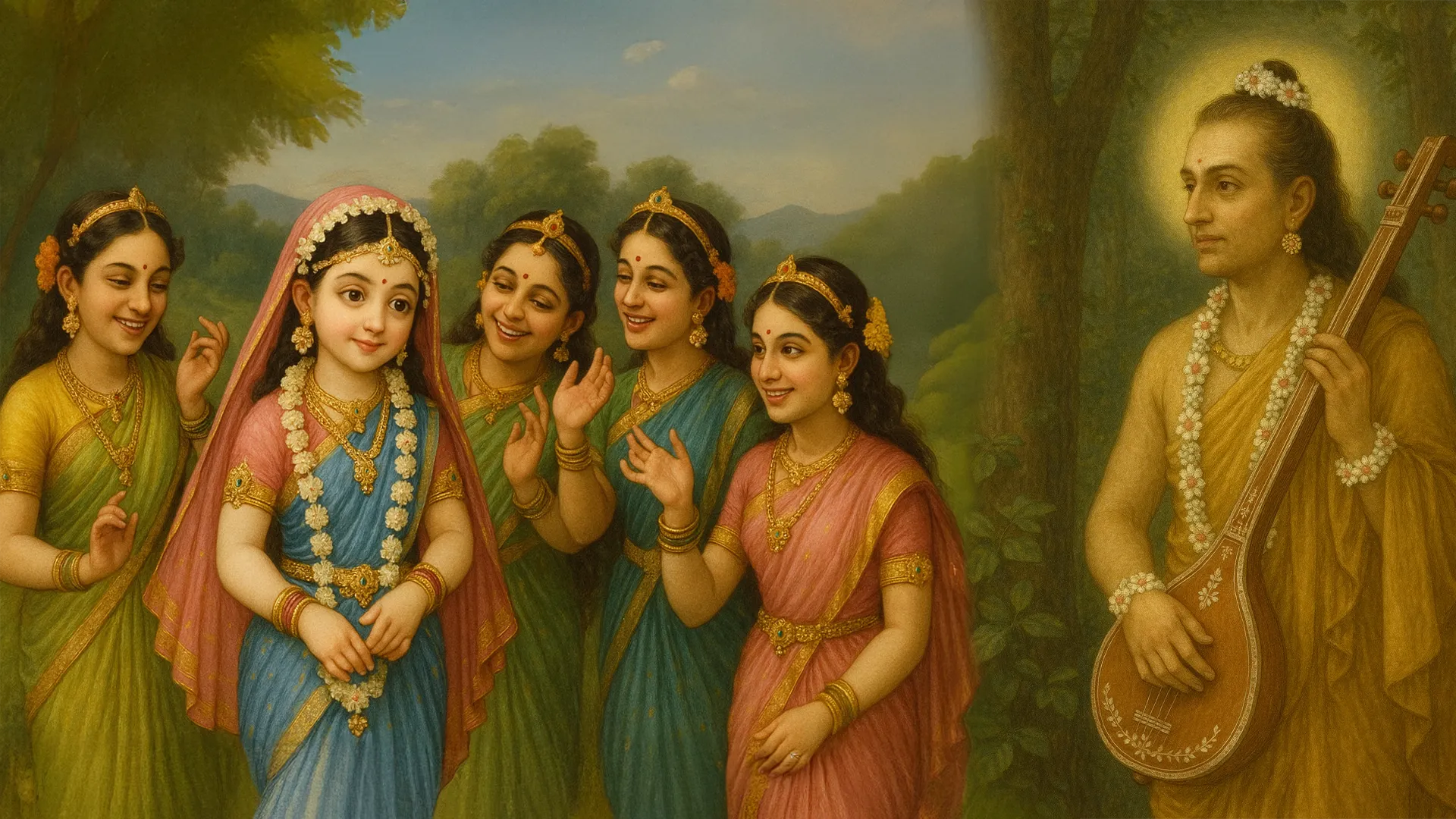
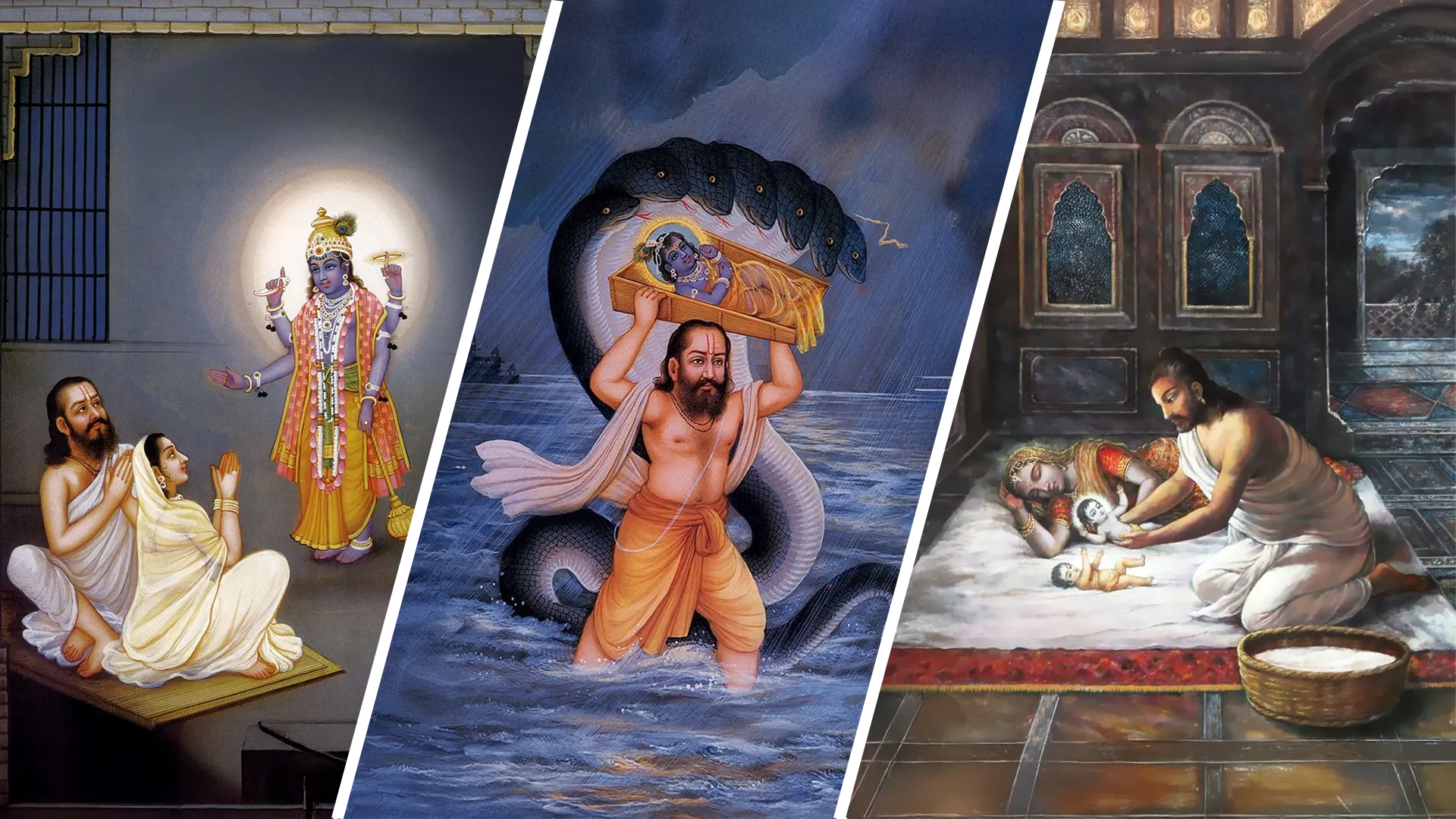
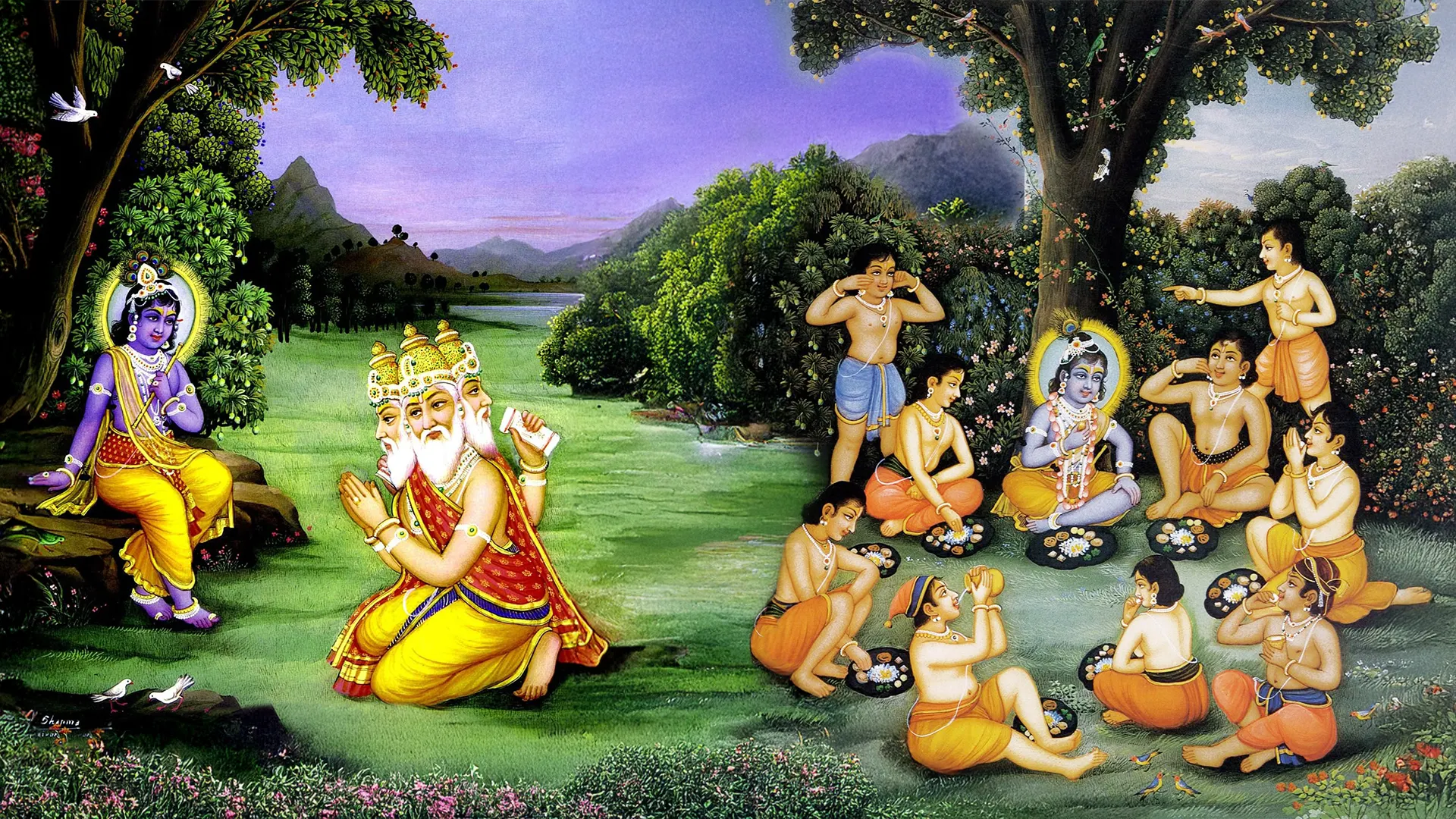
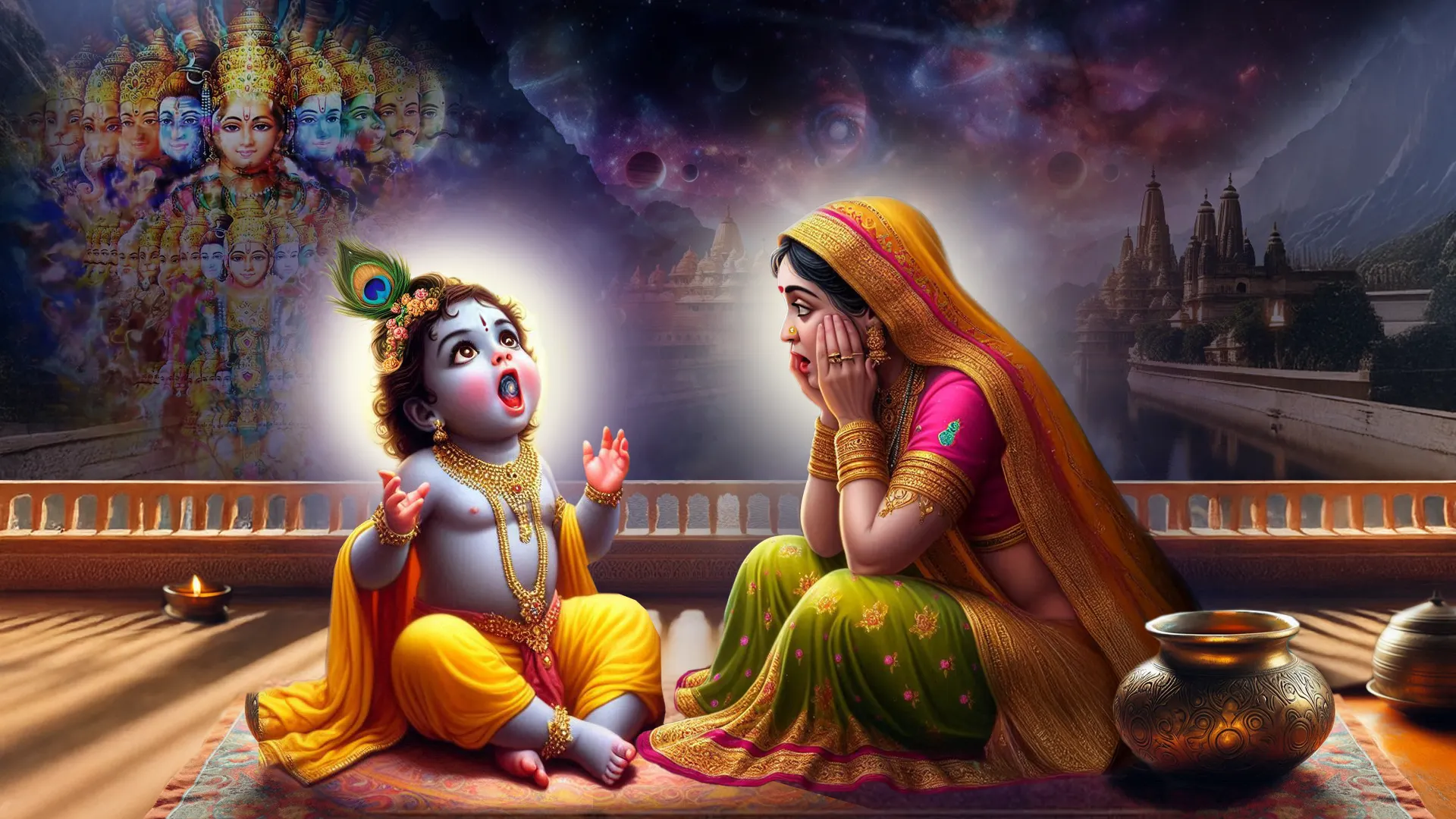
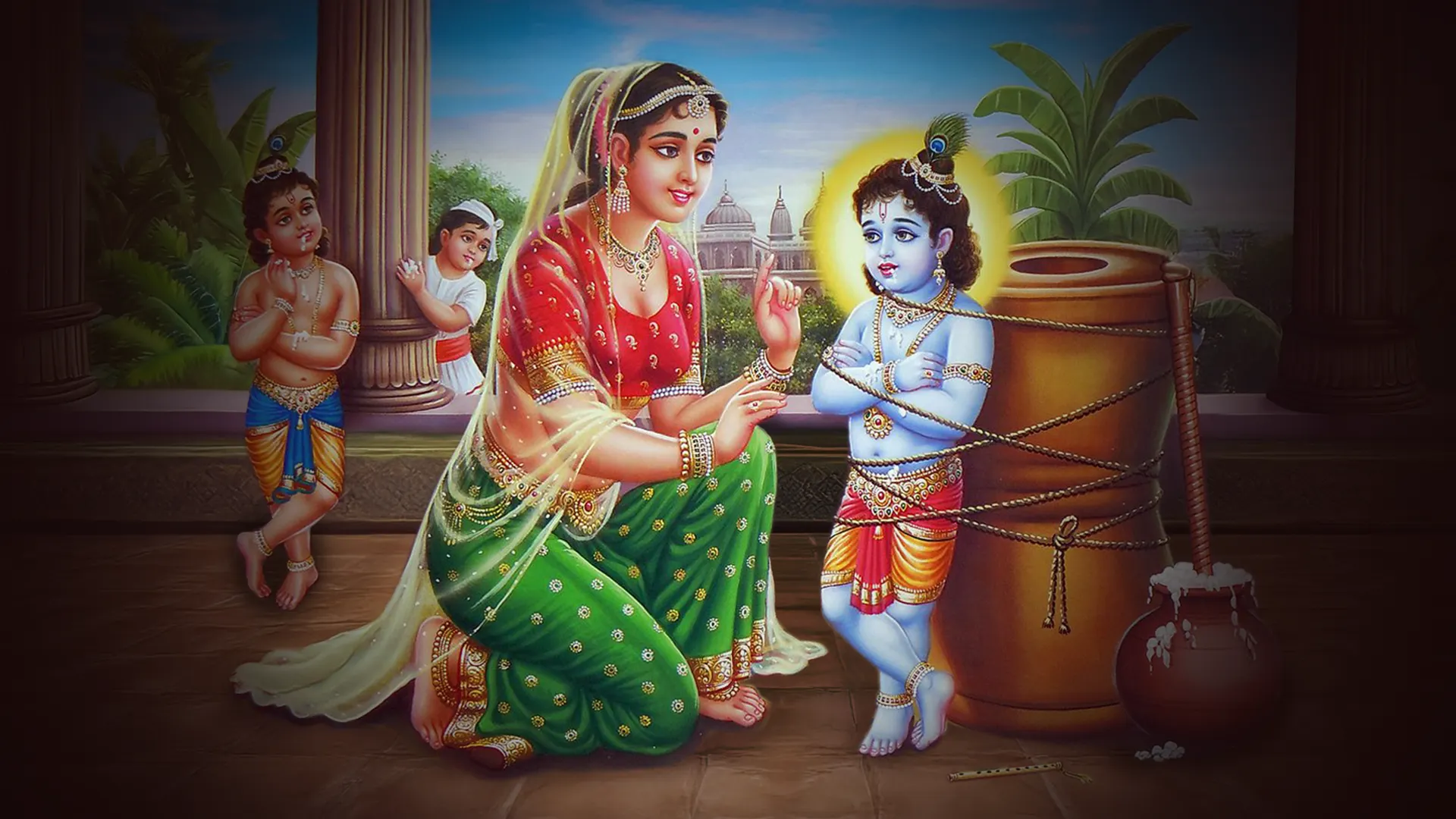
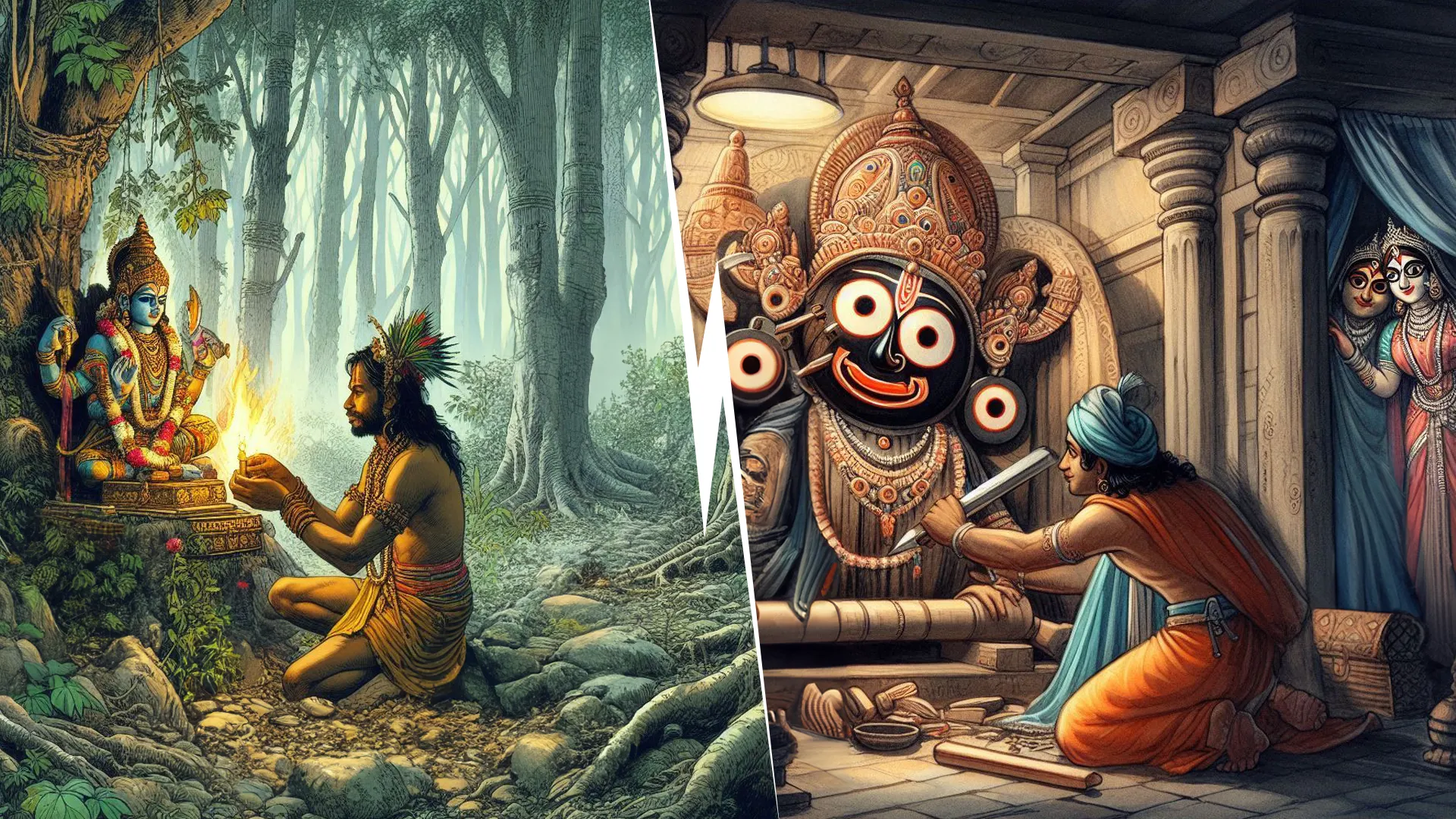
What our Participants say